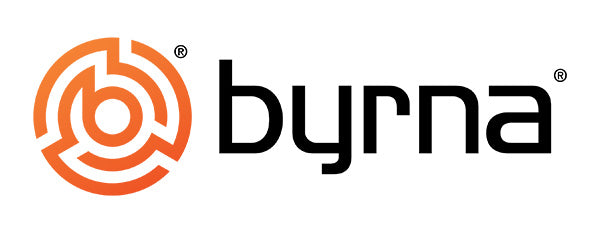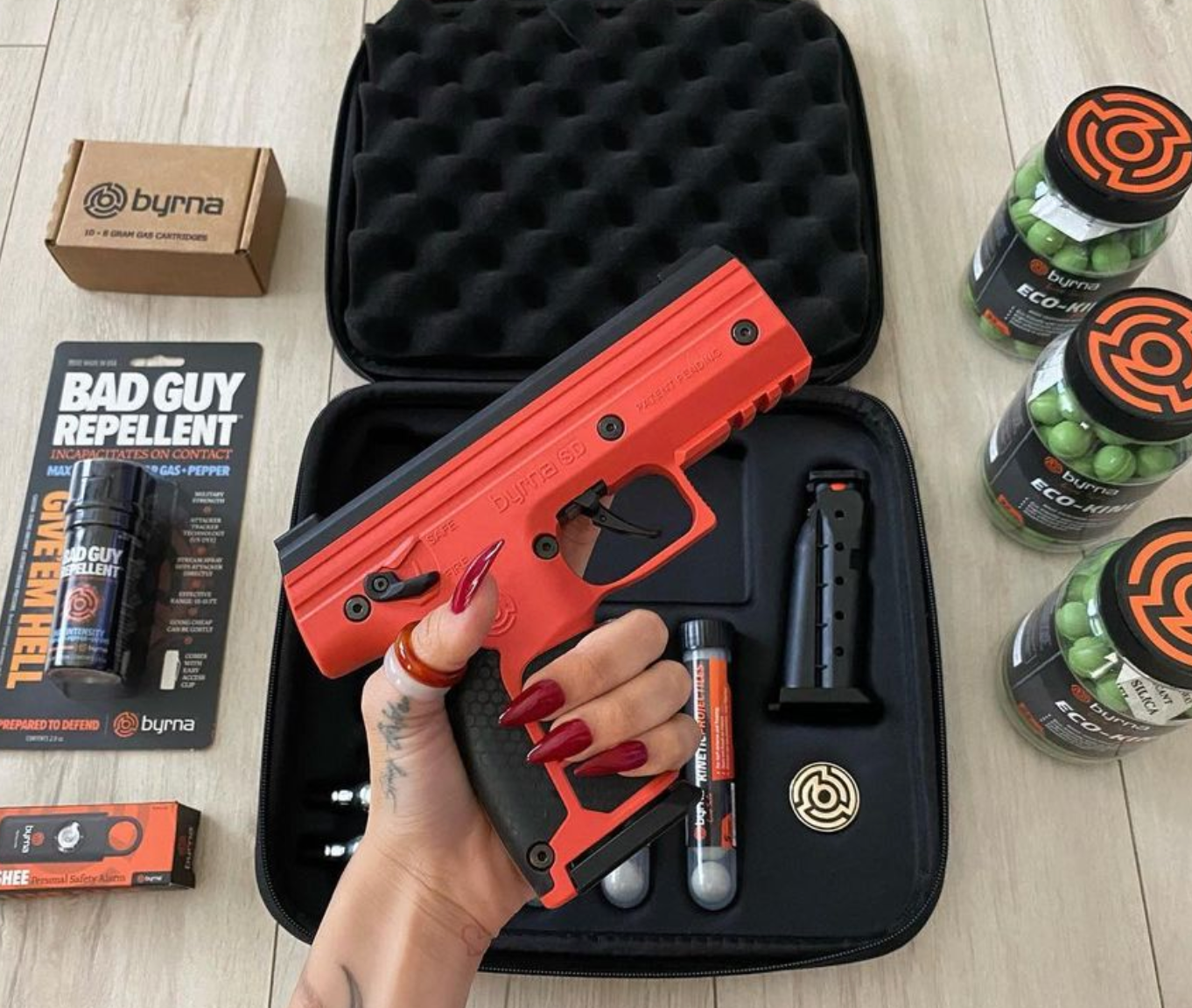
Security threats are becoming more common for Canadian businesses recently. You need to find some helpful ways to protect your employees, your assets, and your customer information.
You can use legal tools like expense insurance and legal self-defense equipment. But that's generally just the beginning of your security plan. Remember that adding some physical security measures like door access systems and cameras helps quite a bit with protection. You should also make sure that you have some helpful computer security systems to block the online threats that may come up.
Training your team to find the challenges and manage the tough situations rounds out your protection plan and puts you on the right side of Canadian laws. When you understand what's legally allowed and how to put these safety measures in place, your business stands a much better chance of staying protected.
Don't wait until something bad happens - a well-balanced strategy for security can help you sleep better at night!
Table of Contents
Legal Defense Tools In Canada
You can use a few of the legal self-defense tools in your Canadian business. Just make sure that these tools meet the basic requirements to be legal items. The main thing to remember is that each item should generally have a primary job besides causing harm to others. That's why these dual-job tools work well for you and all your staff!
The good news is personal safety alarms give you a completely legal way to deter any threats. When you activate one of them, it makes a loud noise that can startle someone who's threatening you and get other people's attention for you. You might want to keep these near your cash registers or give them to the team members who work late. They fit in a pocket or on a keychain, and you won't have any legal problems with them at all.

Tactical flashlights usually work as helpful tools and possible protection for you. Because they're mainly for lighting spaces up, you can legally carry them anywhere in your business. Some of them come with bright strobe features that can temporarily disorient someone who might threaten you in the store. Think about these if your business runs during the early mornings or evenings when it's harder to see around you.
Security umbrellas might sound a bit unusual. But more shop owners are using them now in their businesses. These umbrellas come with stronger shafts and features that help you block attacks if needed. Because they look just like standard umbrellas, they normally stay completely legal while giving you some protection. Try keeping one of them near your entrance. This is especially useful during rainy weather.
Tactical pens work as writing tools first and defensive items second in an emergency. They're made of strong aluminum and help you apply pressure to sensitive areas if you need to protect yourself. In most situations, you won't face any legal problems keeping them at your reception desk or having your staff carry them around because writing is their main job.
With any self-defense tool in your business, make sure that you and your team get some training and use them reasonably. You can still run into legal problems if you use too much force, even with these legal items. Have you already checked with your local business association? They can provide training programs just for retail and service workers that teach you when and how to use these tools.
Cybersecurity For Business Defense
You're probably finding more cyber attacks on Canadian businesses recently. Remember the big LKQ Corporation hack in 2023? It showed how even the big businesses can get caught off guard. When someone steals your customers' data, you risk losing your money and the trust that people have in your business.
Strong passwords just don't cut it anymore on their own. You need to set up some multi-factor authentication for your important accounts - this can give your team members an extra step past typing a password when they try to log in. Remember to update all your software, too - these updates patch up the security gaps that hackers love to target.
In reality, your team members are actually your best frontline defense against all cyber threats. Most of the breaches generally happen because someone just clicked on a fishy link or downloaded something that they shouldn't have. Take some time to teach all your staff how to find those fake emails and phishing attempts. Run some easy training sessions every few months - you'll see that it makes a real difference in keeping your business safe.

When you manage any customer information, you need to follow Canadian laws like PIPEDA - this law says that you have to protect all personal data and report any breaches that might happen. Just know that the government can hit you with fines if you don't take basic steps to keep all your systems protected. And just a heads up - new laws like Bill C-26 are making these requirements even harder than before.
You should check out the Canadian Centre for Cyber Security for some helpful resources. They give you some easy advice that makes sense even if you're not that tech-savvy. Their guidelines help you create security plans without being too expensive at all.
As a basic practice, make sure that you always back up all your data as part of your security plan. Store backups in different locations. Many business owners have avoided paying those hackers because they had some reliable copies of their files tucked away safely. Cloud storage makes backing up much easier than it used to be in the past.
For best results, get a good response plan ready before anything bad happens - it's just sound business sense. Have a plan for who you'll need to call and what steps you'll need to take if you ever find a breach. Acting faster limits the damage and helps to protect your customers and your respected name in the market. Think of it as just a fire drill for all your online assets and information.
Physical Security Options
Physical security keeps your business safe in real ways. You'll find cameras in most of the Canadian stores because they help you keep an eye on what's happening. They track everyone who comes in and out without much issue on your part. When something goes wrong, these cameras become even more helpful. The police can usually use your video footage to see what happened during a break-in or an altercation.
Alarm systems let you know when someone tries to get in after you've closed up your shop. You can choose the systems that connect straight to the security businesses that'll send someone to check things out. Or you might like the alarms that make enough noise to send the intruders running. For your small business, a basic alarm setup will actually give you enough protection without being too expensive.
With access control, you get to choose who goes where in your building. Key cards and electronic locks help you to make areas off-limits to the people who don't need to be there. For the rooms that have sensitive materials, you might want to use some fingerprint scanners.

Let's be clear: trained security guards give you something that technology just can't - a thinking human who can act fast when problems come up. The guards make judgment calls in seconds and talk to suspicious people before things get out of hand. When you have guards visible around your property, it stops issues before they start. Think of them as your first line of defense that can adapt to unexpected situations.
Don't underestimate what good lighting can do for your parking lots and the entrances! People generally tend to stay away from causing problems in the areas that are well-lit. I suggest you try installing some motion-activated lights that switch on suddenly when someone moves nearby - they can catch would-be intruders off guard. Your employees will also feel much safer walking to their cars when they work the late shifts.
You'll probably want to mix and match these security approaches based on what your business needs. If you run a small shop, the cameras and protected locks might do the job. For bigger operations, you'll need a few layers of security working together. Your location, when you're open, and what you're protecting all affect which security combination works best for you.
You might want to bring in a security consultant to look at your situation. These experts check out everything from your neighborhood to your floor plan and what kind of business you run. In my experience, they can tell you which security measures will give you the best protection without wasting your money. You should also think about a security review every few years since the neighborhoods and business needs change over time.
Preparedness Through Employee Training
Safety training for your employees helps to protect your business. When your team members know how to respond in tough situations, they'll generally stay calmer and manage the challenges better. Businesses across Canada add self-defense training to their safety meetings. It's actually not about turning your staff into fighters. But giving them some easy ways to stay safe if they ever need to.
Remember that teaching your team about situational awareness helps them see warning signs before the challenges happen. Your staff can get better at seeing when someone looks upset or when something feels off. They'll start to see the body language that might mean concern, so they can take some steps to protect themselves. This skill gets even stronger when your team practices it with some role-playing activities.
De-escalation skills could be the most helpful tools that your frontline staff can have. Your team members can learn some ways to calm down upset customers through what they say and do. They can practice standing at a safe distance while still showing that they understand how the customer feels. You'll probably see fewer challenges once your team gets skilled at these communication methods.
Any physical self-defense moves that you teach should be effective. Your employees don't need to become martial arts experts - they just need some reliable moves that they'll remember when they're stressed. Easy blocks, ways to break free if someone grabs them, and creating some space can buy your staff time to get help. When your team learns these skills, they often feel more confident, and you can see that in how they move at work.

Just remember that your team needs to know that they can only use proportionate force to protect themselves. They should learn when to act and when walking away makes more sense. When you give clear guidelines, you tend to stay away from legal challenges that could harm your employees and your business.
Also, set up some standard practice sessions to keep these skills fresh for everyone. Think of self-defense drills like fire drills - your team should review them throughout the year. Someone who started working with you six months ago might not remember what they learned when they first joined. When you give refresher training, you basically show your team that you still care about keeping them safe.
Protect Yourself and Your Family
You usually need a few security approaches working together to keep your business safe. Multiple layers can give you better protection than just relying on one strategy. Before you actually make any security decisions, make sure you understand what's legally allowed in Canada. Basically, take some time to remember what makes sense for your business.
Most people tend to put off thinking about security when everything's going well. But fixing problems after they happen costs more and can add stress to you. Which parts of your business feel the least protected? I hear from business owners that they worry about finding physical threats. That's also the case when closing up or handling money at night. Others worry about data breaches that might hurt their customer relationships in the future. Whatever problems you have, you can generally find a legal answer for them.
Business security is always changing as new threats show up all around us. But the basics stay the same - get ready, train your team, and know how to respond. Try taking one small step this month to improve your protection for everyone. Something as easy as installing better lighting or a quick employee training session can make your business safer for everyone.

Business owners increasingly look past old-school security measures for their properties. Byrna Canada can give you reliable self-defense options that work well in business settings. Our less-lethal pistols and rifles, CO2 cartridges, and sirens don't need any background checks and are legal everywhere in Canada to buy. For your convenience, we ship directly to you, and you'll get free shipping when you order a launcher from us.
Visit Byrna.ca to see everything we have in stock and improve your business security today!




